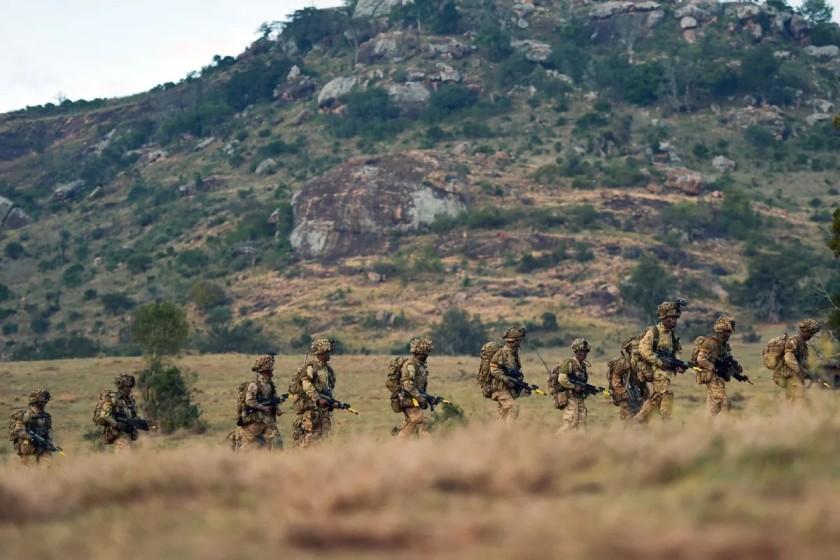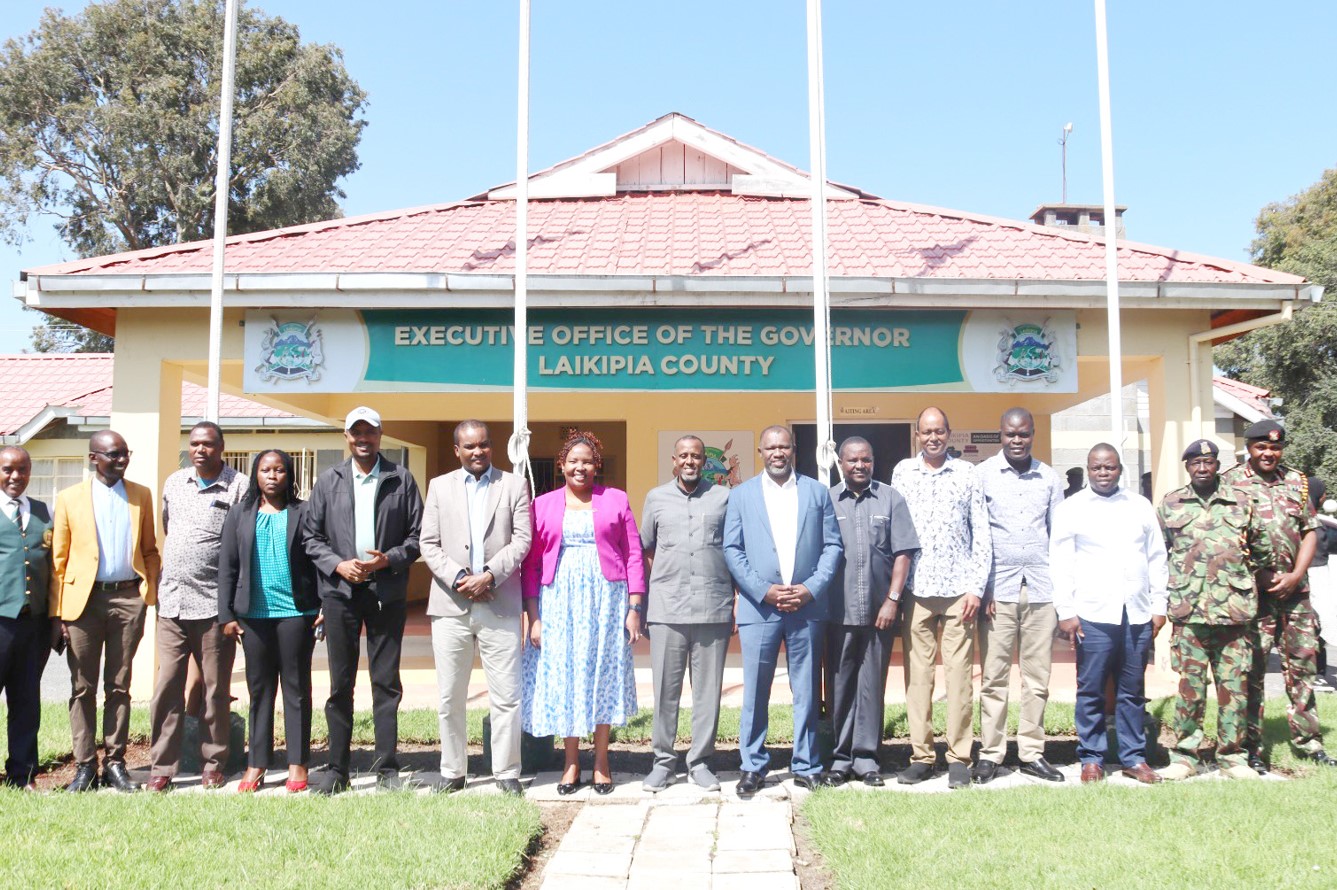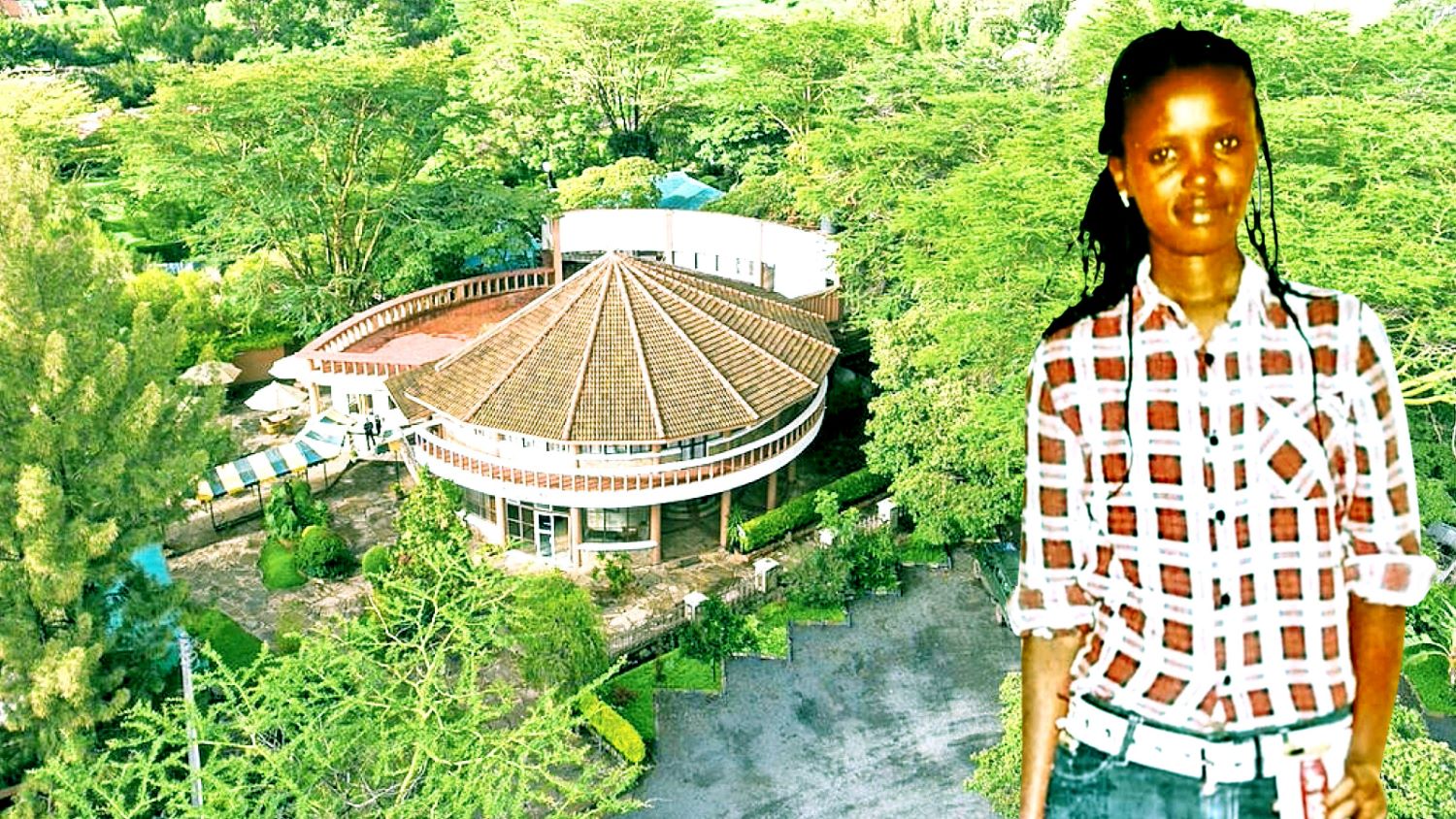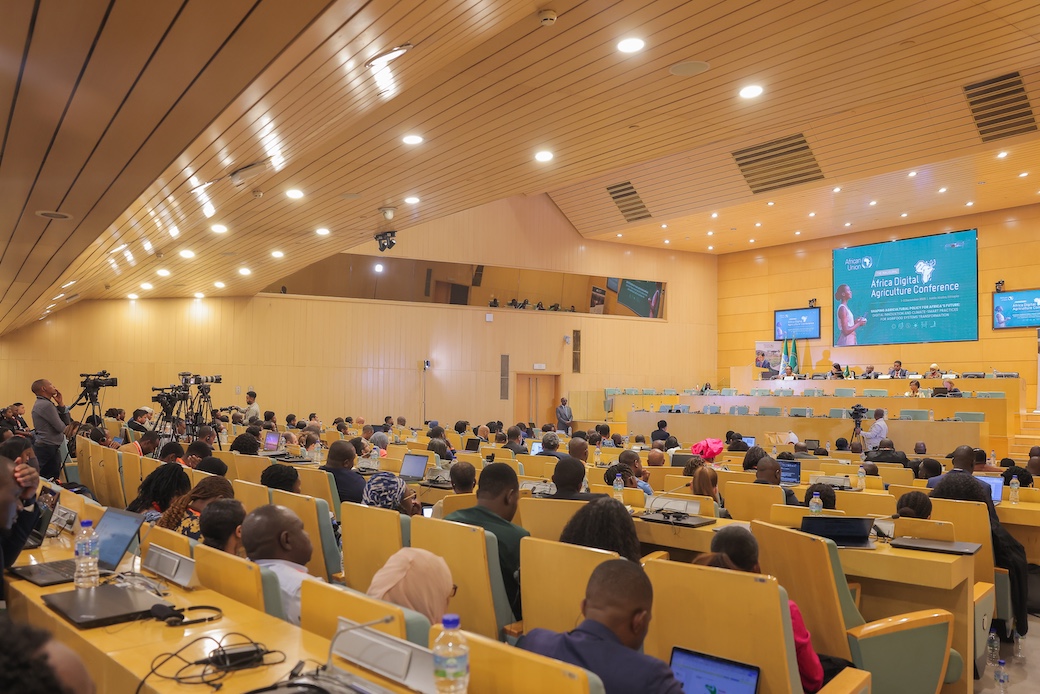Victims narrate abuses in hands of UK soldiers’ alleged crimes

One of the most profiled alleged abuses by Batuk is the killing of Agnes Wanjiru in 2012, whose body was found in a Nanyuki hotel’s septic tank.
Kenya’s National Assembly Defence, Intelligence, and Foreign Relations Committee are expected to summon British soldiers and other stakeholders for an inquiry into alleged gross abuses against citizens in Samburu and Laikipia counties.
“We are yet to conclude the inquiry. We shall be inviting Batuk (British Army Training Unit Kenya) and other stakeholders in the coming week,” the committee’s chairman Nelson Koech told The Eastleigh Voice.
More To Read
- Ex-British soldier arrested in UK over Agnes Wanjiru murder
- BATUK: How 1964 pact shaped Kenya’s military partnership with UK
- UK reaffirms support for justice in Agnes Wanjiru case in response to Kenyan inquiry
- Seven Kenyan men prove paternity case against BATUK soldiers
- FIDA-Kenya presses Kenya, UK to extradite soldier in Agnes Wanjiru murder case
- Explained: Kenya’s path to extraditing Agnes Wanjiru murder suspect
For over a decade, allegations about environmental damage, misconduct, and other serious issues have been made against British soldiers training in central Kenya.
The current hearings are a significant milestone in seeking accountability under Kenyan law. This development follows a persistent push by civil society groups and initial objections from the British government. The British army had previously claimed immunity from legal action in Kenya.
However, in March 2022, a Kenyan court ruled that individuals affected by an environmental damage incident that destroyed over 10,000 acres of land had the right to pursue legal action. This ruling led to the filing of over 7,000 claims by those allegedly affected by the incident. Also, the British army has acknowledged the use of white phosphorus, a highly toxic substance, during training.
“This is a losing relationship for the community,” said Kelvin Mugambi Kubai, a lawyer at the African Centre for Corrective and Preventive Action leading the case, at the first hearing. “It is an injustice to the people of Kenya.”
Kubai submitted a memorandum to the committee on May 28 on the “several unspeakable atrocities” allegedly committed by the UK army. Dozens gave evidence to the parliamentary inquiry into the alleged misconduct of Batuk soldiers.
First-hand accounts
The committee heard first-hand accounts, including that of Lioska Lesasuyan, who was 13 years old in 2015. The minor stumbled upon an unused explosive left behind by Batuk soldiers after training.
 Members of the National Assembly Defence, Intelligence, and Foreign Relations Committee that is conducting public hearings on the conduct of the British Army Training Unit in Kenya. (Photo: BATUK)
Members of the National Assembly Defence, Intelligence, and Foreign Relations Committee that is conducting public hearings on the conduct of the British Army Training Unit in Kenya. (Photo: BATUK)
Unaware of the danger it posed, Lesasuyan began playing with the explosive, which suddenly detonated, causing catastrophic harm to him. His left forearm was amputated, and he suffered severe facial injuries, multiple lacerations on his chest, gangrene on his right forearm and hand, and lost his right eye.
Another victim, Charles Ngare, narrated how he tried to help British soldiers in distress in October 2010, which forever changed his life. While walking home from school with friends, they came across a British military truck stuck in the mud. The soldiers gestured for help, and Ngare and his friends pushed the truck, but it slid back into the ditch, crushing Ngare's leg.
The soldiers gave him first aid and took him to their barracks before dropping him off at Nanyuki Referral Hospital, where they allegedly fabricated a story about finding him injured on the road. Despite the severity of the incident, the statute of limitations dismissed Ngare's case in 2018. The soldiers' actions that day have left Ngare with permanent physical and emotional scars. He has been seeking justice for years.
In 2007, Robert Swara Seurei, 28, who was working for the British Army, brought home something he believed was a candle. Despite warnings from his aunt, Irene Kipsuge, and grandmother, Seurei lit it and it detonated with catastrophic consequences.
The explosion claimed Seurei's life and left Irene's mother, Cheptoo, with permanent hearing loss and chest injuries, causing her constant pain and psychological trauma until her death. Irene was lucky to have escaped physical harm, but the trauma of the incident still lingers. The explosion also destroyed the family's home, leaving them without a place to live.
Lethal chemicals, such as white phosphorus used in the training, have also raised concerns. The chemical is believed to have contributed to a massive blaze that ripped through the privately owned Lolldaiga Conservancy in March 2021, burning swaths of forest. Locals said the smoke pressed in on them for days and caused eye and inhalation problems. Others said it pushed wildlife onto their farms, leading to crop loss.
Established in 1964, shortly after Kenya gained independence from Britain, the Batuk base is located in Nanyuki. Defence Cabinet Secretary Aden Duale has said Kenya will seek prosecution of any British soldier alleged to have broken the law during deployments over the decades. The spokesperson of the UK High Commission in Kenya told the BBC it was aware of the proceedings and that it and Batuk intended to cooperate with the inquiry.
"We are aware that Kenya’s National Assembly Defence, Intelligence and Foreign Relations Committee is conducting a parliamentary inquiry into the activities of Batuk in Kenya. The British High Commission in Nairobi and Batuk intend to cooperate with the inquiry. The UK-Kenya defence partnership is one of the great strengths of our relationship and our joint training and operations with the Kenyan Defence Forces are keeping both Kenyan and British people safe,” the High Commission was quoted by BBC.
Agnes Wanjiru case
One of the most profiled alleged abuses by Batuk is the killing of Agnes Wanjiru in 2012. Her body was discovered in a septic tank at a hotel in Nanyuki. When she was last seen alive, Wanjiru was with a group of British soldiers known for their hard-partying lifestyle. At the time, she had reportedly turned to sex work to support her five-month-old baby.
 Agnes Wanjiru's body was discovered in a septic tank at a hotel in Nanyuki in 2012. (Photo: Handout)
Agnes Wanjiru's body was discovered in a septic tank at a hotel in Nanyuki in 2012. (Photo: Handout)
Wanjiru’s niece, Esther Njoki, was not yet a teenager when her aunt disappeared. Now 19, Njoki has become a determined activist after an 11-year search for answers.
"The killers, who are known in London, are walking free," Njoki says.
She is demanding compensation, arrest, and extradition of the British soldiers suspected of murder. In 2019, an inquest by Nanyuki magistrate Njeri Thuku concluded that Wanjiru was likely alive when she was thrown into the septic tank, having been beaten and stabbed.
A 2021 investigation by the British newspaper Sunday Times revealed that a British soldier had been bragging about killing her, and another informed their base leaders that the alleged murderer had even shown Wanjiru's body back in 2012.
Following this revelation, Kenya announced it would reopen the investigation into Wanjiru’s murder. During a visit to the Nanyuki base, the UK’s Deputy Minister for Armed Forces, James Heappey, stated, “We will leave no stone unturned as we provide our full support to the investigation.” To date, no one has been charged with the murder.
A 12-page report submitted to the parliamentary committee sheds light on the severe environmental and social impacts caused by the British army's training activities on Kenyan soil. The report, prepared by lawyer Kubai, reveals the conflicting uses of training fields, their effects on local communities, and damaging environmental practices.
The British army's use of nature reserves as training grounds has sparked controversy. From 2010 to 2016, the UK military compensated landowners in Laikipia with £7 million (Sh1.1 billion), but the local communities bore the brunt of the environmental and social costs. Emissions from 10,000 troops and over 1,000 vehicles, helicopters, and jets go unmeasured, leaving local communities to deal with the pollution.
The report highlights how military training disrupts local wildlife, causing animals to invade villages and farms. These animals, traumatised by noise, often attack residents and destroy property.
Musobek, an organisation campaigning against elephant invasions in Umande and Daiga, confirms that military exercises in Lolldaiga drive animals into community farms, causing chaos and danger. The noise and explosions from military training have a severe impact on wildlife and birds, with no independent surveys available to assess the damage.
The report also reveals UK soldiers in Kenya use white phosphorus mortar rounds. White phosphorus, notorious for its severe injuries, burns human flesh deeply and can cause multiple organ failure if it enters the bloodstream. Its use in training near civilian areas poses significant risks, and the report urges Batuk to discontinue this practice.
The report recommends that Batuk disclose the nature and effects of the ammunition used, comply with environmental regulations, and implement a carbon offset programme to mitigate emissions.
It calls for transparency in future agreements between the UK and Kenya, ensuring public awareness of their rights and protections under such treaties.
Top Stories Today
















































